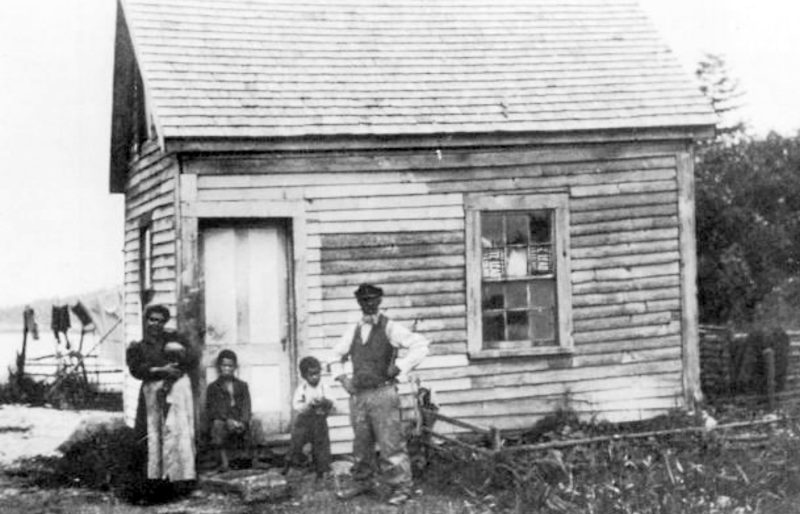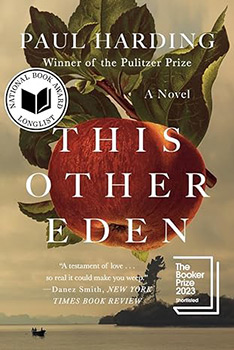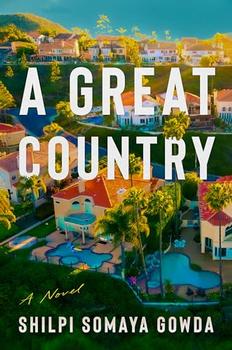 Paul Harding's novel This Other Eden takes place on Apple Island, where a Christian missionary arrives and becomes a catalyst for the destruction of a flourishing community of vulnerable people who did not, and could not, fit into societal norms. Harding's novel is inspired by true events that took place in the early 20th century on Malaga Island, part of Phippsburg, Maine, about 20 miles northeast of Portland.
Paul Harding's novel This Other Eden takes place on Apple Island, where a Christian missionary arrives and becomes a catalyst for the destruction of a flourishing community of vulnerable people who did not, and could not, fit into societal norms. Harding's novel is inspired by true events that took place in the early 20th century on Malaga Island, part of Phippsburg, Maine, about 20 miles northeast of Portland.
Information is sparse about the earliest inhabitants of the 42-acre island. It is believed that an African man from the West Indies named Benjamin Darling purchased nearby Horse Island in the late 18th century, and that his descendants were later scattered across this island and Malaga. The name is thought to have originated from the ship Benjamin Darling traveled to the New World on — a brig carrying timber from Malaga, Spain. Historians think that Darling might have saved the life of the ship's captain during a storm and been given the money to purchase Horse Island ...

 Book Reviewed by:
Book Reviewed by:








